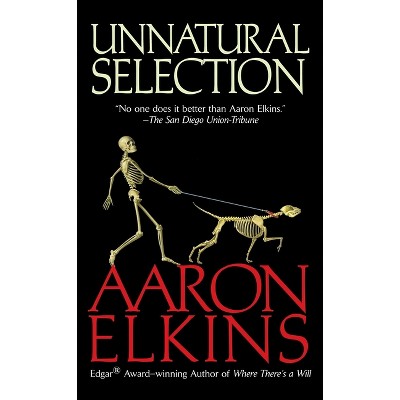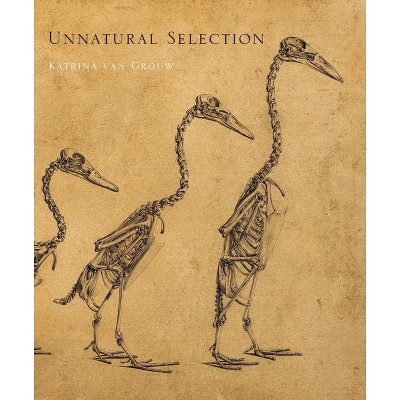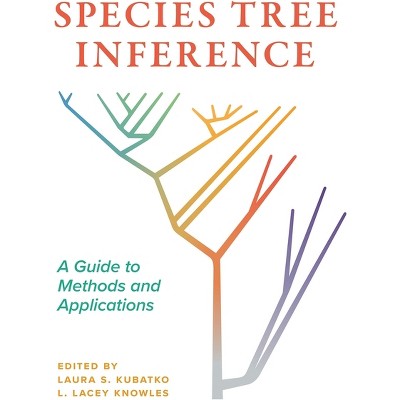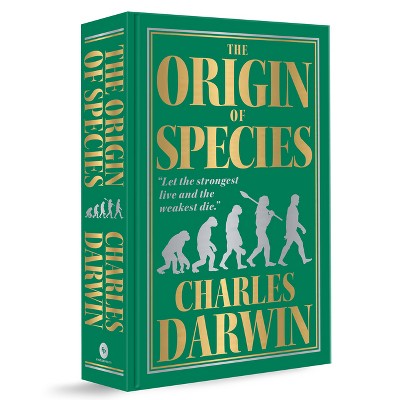The Unnatural Selection of Our Species - by Torill Kornfeldt (Paperback)

About this item
Highlights
- In 2018, the first genetically-modified children were born.Now we have the tools to reshape the future of our species.With a pair of genetic scissors known as CRISPR, we can potentially select the traits of our children, or avoid ageing, or cure disease.
- About the Author: Torill Kornfeldt is a Swedish science journalist with a background in biology.
- 320 Pages
- Medical, Genetics
Description
About the Book
In 2018, the first genetically-modified children were born.Book Synopsis
In 2018, the first genetically-modified children were born.Now we have the tools to reshape the future of our species.
With a pair of genetic scissors known as CRISPR, we can potentially select the traits of our children, or avoid ageing, or cure disease. But with that ability comes a new set of risks, forcing us to face hard ethical questions.
Torill Kornfeldt has travelled all over the world to meet the people driving this research forward. She has visited fertility clinics in South Korea, oncologists in China who are experimenting on sick patients, and biohackers in the US who want to make the new technology available to everyone. In The Unnatural Selection of Our Species, she asks: How are we supposed to handle these new tools that could end up changing our genetic material?
'Well written, knowledgeable, and engaging - exactly how really good popular science is supposed to be' Gustav Källstrand, Nobel Centre
Review Quotes
"A book filled with curiosity, but with a sober eye on the risks and dilemmas. Well written, knowledgeable, and engaging - exactly how really good popular science is supposed to be."-- Gustav Källstrand, Nobel Centre
"[T]he projects Kornfeldt writes about are incredibly compelling, given that we are living through a mass-extinction event that threatens the stability of the world's ecosystems." --The New Yorker on The Re-Origin of Species"This thought-provoking and deeply engaging book throws into the question the very meanings of life and death as we understand them." STARRED REVEW --Shelf Awareness on The Re-Origin of Species
"Extinction might not be forever!...Free of most scientific jargon, Kornfeldt's book is an eye-opening introduction to an important new field of study that"s well fit for public library audiences." --Booklist on The Re-Origin of Species
"The author's careful synthesis of accomplishment versus aspiration is also spot-on--even world-class scientists will be dreamers, and there is much more research to be conducted before mammoths once again lumber across the tundra. Wondrous tales of futuristic science experiments that happen to be true." --Kirkus Reviews on The Re-Origin of Species
"Kornfeldt interviews researchers intent on recreating mammoths and passenger pigeons, saving the northern white rhino, and reintroducing chestnut trees to North America." --Publishers Weekly on The Re-Origin of Species
"Any number of terms apply to Torill Kornfeldt's fascinating overview of this profoundly important subject: clear-eyed. Skeptical. Open-minded. But the word that sticks with me is one I haven't had cause to use in a very long time: hopeful. The Re-Origin of Species gives me hope." --Peter Watts, author of Blindsight and Starfish on The Re-Origin of SpeciesAbout the Author
Torill Kornfeldt is a Swedish science journalist with a background in biology. She has worked in the science department of Sweden's leading morning newspaper Dagens Nyheter and at the science branch of the Swedish public service radio. There she created the successful radio show Tekniksafari (Tech Safari) on new technology changing society. Her main focus is on how emerging bioengineering and technology will shape our future. Fiona Graham has a degree in Modern Languages from Oxford University, and has lived in Kenya, Germany, the Netherlands, Luxembourg, Nicaragua, and Belgium. She translates from Spanish, French, Dutch, Swedish, and German, and is currently the reviews editor at the Swedish Book Review.










